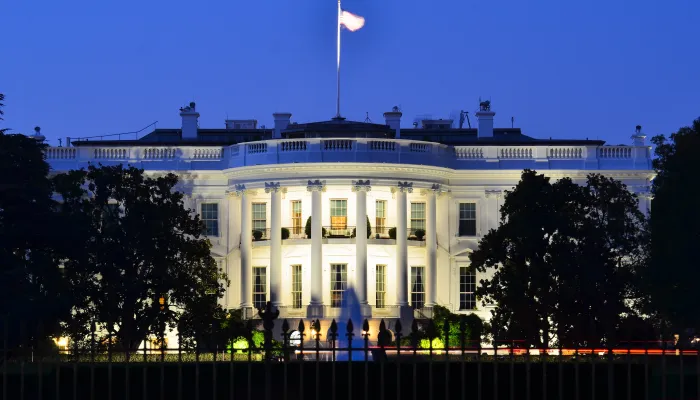Senate Budget Plan Includes Realistic Deficit Reduction
For Immediate Release:
Senate Budget Committee Chairman Mike Enzi (R-WY) introduced today a Chairman’s Mark of the Fiscal Year 2020 budget resolution to be considered and voted on by the full committee. The budget calls for $538 billion in deficit reduction over five years.
The following is a statement from Maya MacGuineas, president of the Committee for a Responsible Federal Budget:
We applaud the committee for putting forth a budget that includes significant deficit reduction and a realistic fiscal goal of returning deficits to their historical average within five years. It is a roadmap for beginning to improve the fiscal situation, providing a framework to address discretionary spending caps and the insolvent Highway Trust Fund. Encouragingly, it calls for any deal to increase the spending caps to be fully offset. As a first step, this is what a serious budget looks like.
It is a positive step to see a plan that uses reasonable economic assumptions and rejects gimmicks like the significant abuse of the Overseas Contingency Operations (OCO) account in the President’s budget. After the last use of reconciliation to pass a budget-busting tax bill, it is encouraging to see reconciliation return to being aimed at reducing deficits.
Under this plan, deficits stay under $1 trillion, peaking in 2022 at $939 billion and returning back to their historic average as a share of the economy by 2024. Under current policies, trillion-dollar deficits return as soon as next year.
Budget documents have become messaging documents in a broken budget process, and it is a good step to see Chairman Enzi propose a more realistic resolution that can contribute to negotiations. This resolution upholds many of the principles we called for in any responsible Congressional budget resolution.
Further, the fact that the policies in this budget include both spending reductions and revenue increases is a productive acknowledgment that everything should be on the table to put our unsustainable debt on a downward path.
The House Budget Committee should follow suit with its own budget that reduces deficits and proposes a responsible method to deal with discretionary spending caps, then the two parties will need to find common ground to pass a concurrent budget resolution as required by law.
###
For more information contact Patrick Newton, press secretary, at newton@crfb.org.


